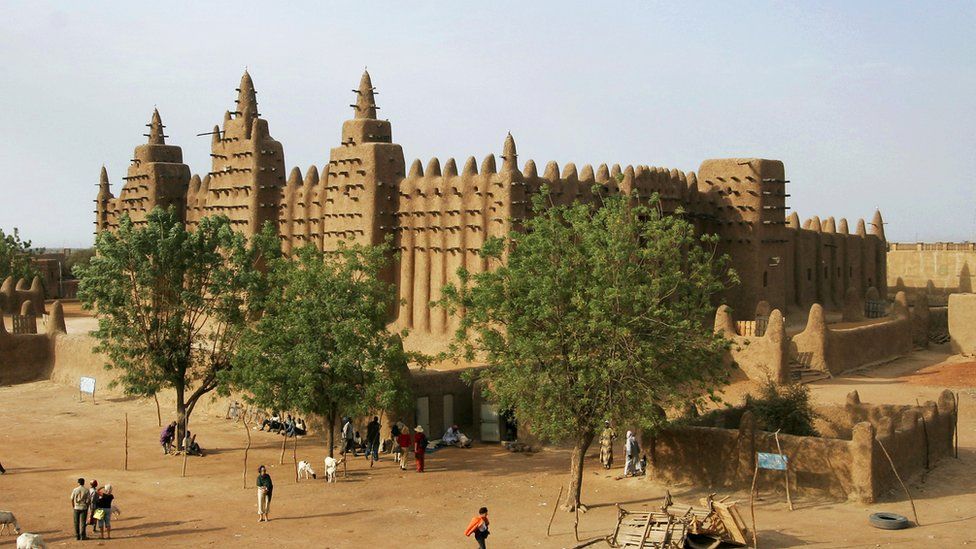A history-rich continent, Africa boasts an area woven with ancient civilizations and diverse cultures. Today, it is a collection of 54 countries, each with a unique identity shaped by historical influences and contemporary development. In this article, we delve into the oldest African countries based on today’s borders and explore their paths to independence.
1. Ethiopia
Ethiopia, a gem in East Africa, is one of the few nations globally to resist colonization. While Italy briefly occupied the country from 1935 to 1941, Ethiopia’s spirit prevailed, making it a symbol of independence. The widely accepted independence date is 1941, marking a testament to its resilience.
2. Liberia
Liberia, founded on July 26, 1847, declared its independence, accusing the United States of injustices that led its people to seek a new beginning in Africa. The Liberian Declaration of Independence is a historical document reflecting the nation’s quest for freedom.
3. South Africa
South Africa transitioned from four colonies to the Union of South Africa on May 31, 1910, within the British Empire. It declared itself a republic on May 31, 1961, gaining sovereignty over its internal affairs. This marked a significant step in South Africa’s journey toward complete independence.
4. Egypt
Egypt achieved independence on February 28, 1922, as Britain declared. This marked the end of British influence, highlighting Egypt’s autonomy and its rich historical significance in the African narrative.
5. Libya
Libya received congratulations from President Harry Truman on December 24, 1951, recognizing its independence. Formerly an Italian colony, Libya’s journey to sovereignty involved post-World War II rule by France and Great Britain, culminating in its acknowledgement as the United Kingdom of Libya.
6. Sudan
On January 1, 1956, the Republic of Sudan emerged as an independent sovereign state, dissolving the Anglo-Egyptian Sudan. This marked the end of shared control by Egypt and the United Kingdom, paving the way for Sudan’s self-determination.
7. Morocco
Morocco’s path to independence was eventful, with different regions gaining autonomy at different times. According to Thought Co, whether in the Spanish Northern Zone, Marruecos, or the International Zone, Tangiers, Morocco, officially declared independence on March 2, 1956.
8. Tunisia
Tunisia gained independence from France on March 20, 1956, championed by lawyer-turned-Prime Minister Habib Bourguiba. The process, initiated in 1952, culminated in Tunisia’s liberation, marking a significant moment in North African history.
9. Ghana
On March 6, 1957, Ghana, led by Dr. Kwame Nkrumah, became the first African country to break free from British colonial authority. The proclamation of independence marked the end of a protracted struggle for autonomy.
10. Guinea
Guinea secured its independence on October 2, 1958, emerging from the shadow of colonial French West Africa. The country’s history is intertwined with the legacy of historic African empires, setting the stage for Guinea’s modern identity.
Conclusion
As we journey through the oldest African countries, their paths to independence reveal a rich tapestry of resilience, determination, and the pursuit of self-determination. Each nation’s story is unique, contributing to Africa’s vibrant mosaic today.
Frequently Asked Questions
- Q: Why is Ethiopia considered never to have been colonized?
- A: Ethiopia’s resilience during Italy’s brief occupation from 1935 to 1941 and its subsequent liberation contributes to the perception that it was never fully colonized.
- Q: How did Liberia declare its independence from the United States?
- A: Liberia ratified the Declaration of Independence on July 26, 1847, outlining injustices by the United States and asserting its right to establish a new beginning in Africa.
- Q: When did South Africa become a republic?
- A: On May 31, 1961, South Africa declared itself a republic, gaining full sovereignty over its internal affairs while maintaining historical ties with the British Empire.
- Q: What marked the end of British influence in Egypt?
- A: Britain unilaterally declared the independence of Egypt on February 28, 1922, marking the end of British influence.
- Q: How did Ghana achieve independence from British rule?
- A: Led by Dr. Kwame Nkrumah, Ghana achieved independence on March 6, 1957, becoming the first African country to break free from British colonial authority.
